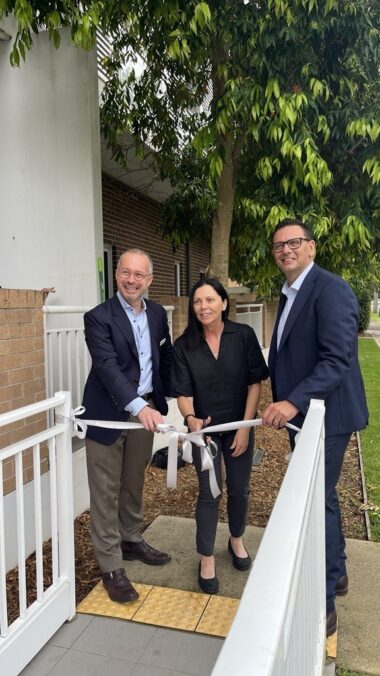Media Release | Sunday 12 November 2023
The Australia Institute is calling for the establishment of an independent research integrity watchdog, with a new report raising serious concerns about research misconduct, including data fabrication, falsification and plagiarism.
The new two-part report, ‘Research Misconduct in Australia’ finds that over 500 Australian research papers have been retracted over the past 20 years due to concerns about their reliability.
The report sets out clear recommendations for creating a world-leading research integrity watchdog with teeth.
Key Findings:
-
Australia is one of the few countries with a developed research sector that does not have a research integrity watchdog, instead relying on research institutions to initiate and oversee investigations into their own researchers.
-
Australia’s approach has been heavily criticised for its potential to be biased, non-transparent and inconsistent.
-
The report recommends the establishment of a free-standing, government-funded research integrity watchdog with investigatory powers.
“Before I was a politician, I was a researcher in paediatric neurology, and I've seen up close how good research can change the world,” said Dr Monique Ryan, Independent MP for Kooyong.
“Australian researchers are some of the best in the world, but they're being let down by the sector's inability to prevent misconduct.
“We need a research integrity watchdog with teeth. Such a watchdog won't just stamp out misconduct, it will increase trust in the sector, and give Australia the right settings to remain a research powerhouse.”
“With over 500 papers by Australian academics retracted over the past two decades, Australia must reevaluate its approach to addressing research misconduct,” said Dr Kristen Scicluna, Postdoctoral Research Fellow at the Australia Institute.
“In a time of increasing scepticism and uncertainty, it is crucial that Australia meets global standards to enhance public confidence and international trust in its research sector.
“Research misconduct presents risks to patient health, misdirects research funding, and obstructs research progress. It also threatens the reputation of research conducted in Australia.
“Australia needs to establish a genuinely independent, government-funded regulator to ensure that investigations into research misconduct are carried out in an unbiased and fair way.”
Cases examined in the report:
Research Misconduct in Australia explores four compelling cases of research integrity controversies in Australia including:
-
A case at the University of NSW in which allegations were made that data, that led to clinical trials of a skin cancer drug, was misrepresented.
-
Findings of research misconduct by a researcher at QIMR Berghofer Medical Research Institute. The case was ultimately referred to Queensland’s Crime and Corruption Commission (CCC).
-
Concerns that a researcher at Swinburne University’s School of Engineering had falsified, duplicated and plagiarised results that led to the retraction of 166 publications.
-
Allegations that doctored images were used in articles based on research conducted at Macquarie University’s Centre for Motor Neurone Disease Research (MND).
Report Recommendations:
Research Misconduct in Australia offers nine recommendations to create a world-leading research integrity watchdog for Australia, based on the analysis of five prominent overseas research integrity watchdogs.
These recommendations build on the existing strengths of Australia's current framework, combined with international best practice, to design a world-leading watchdog in which Australians can place real trust.
-
Establish a clear and enforceable definition of ‘research misconduct’.
-
Establish a free-standing, government-funded research integrity watchdog with investigatory powers.
-
Research institutions should be bound by the findings of the independent watchdog.
-
Establish a network of local research integrity officers based in research institutions but accountable to the watchdog.
-
Complainants should be able to directly report suspected misconduct to the independent watchdog.
-
The independent watchdog should provide educational resources and mandatory training about research integrity.
-
All reports of research misconduct should be made publicly available.
-
Reintroduce a proper appeal process.
-
Create whistleblower protections.
Media contact:
Georgie Moore 0477 779 928

